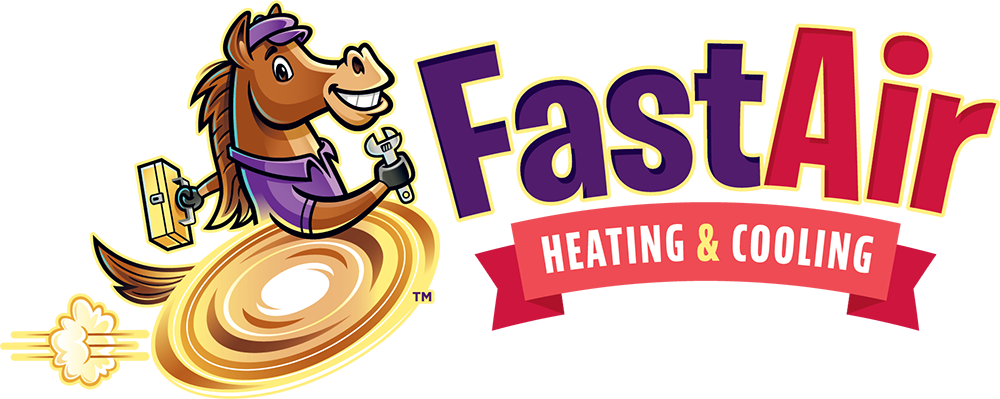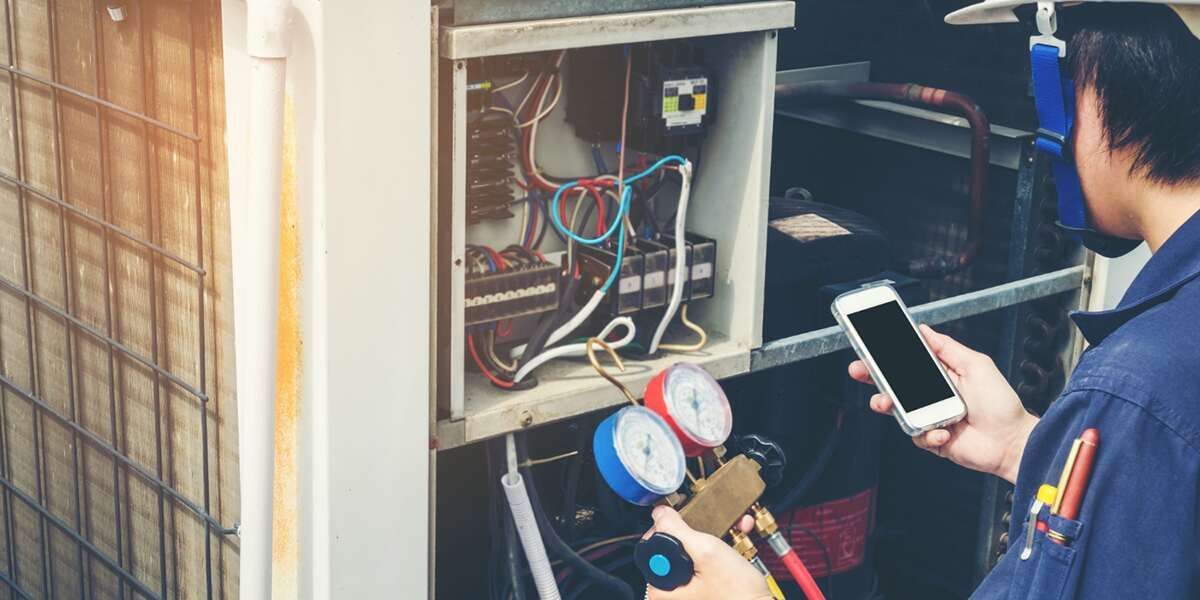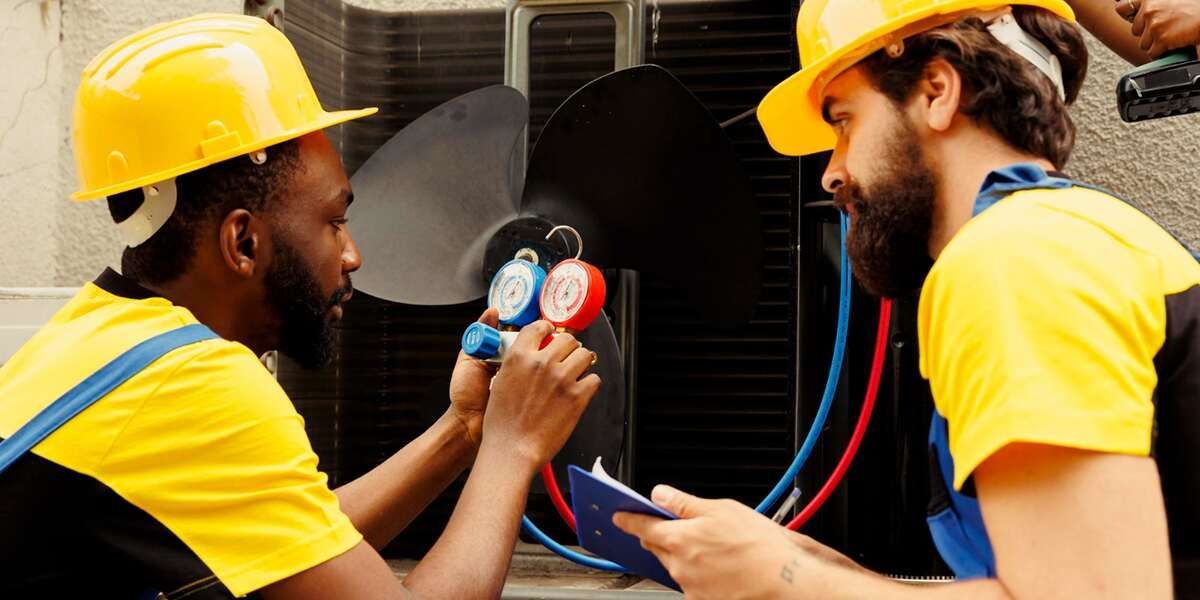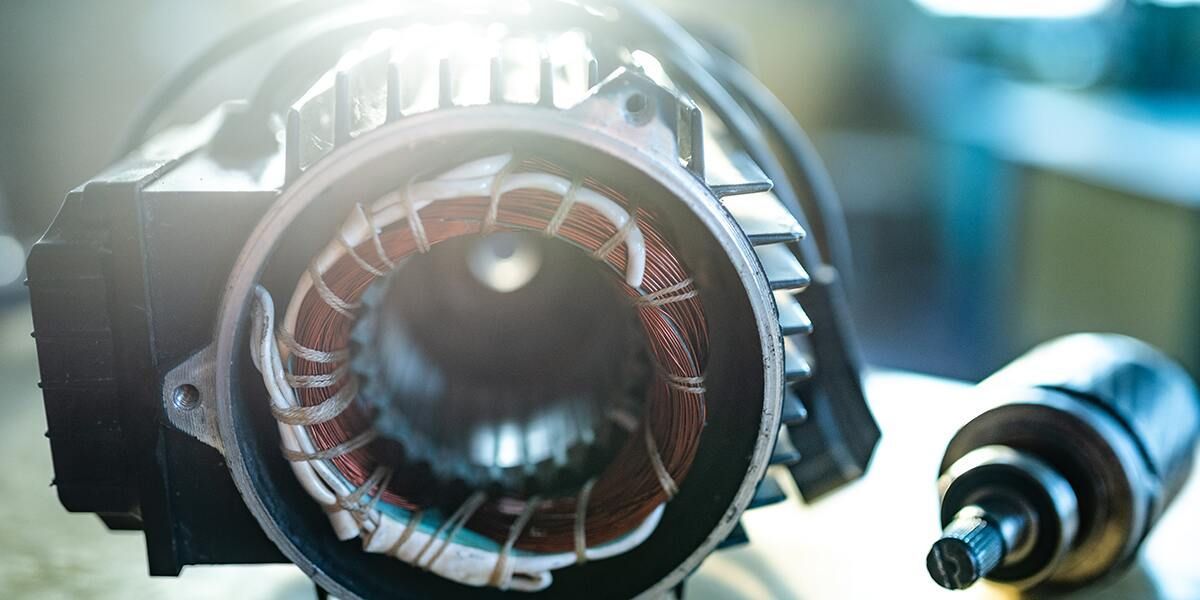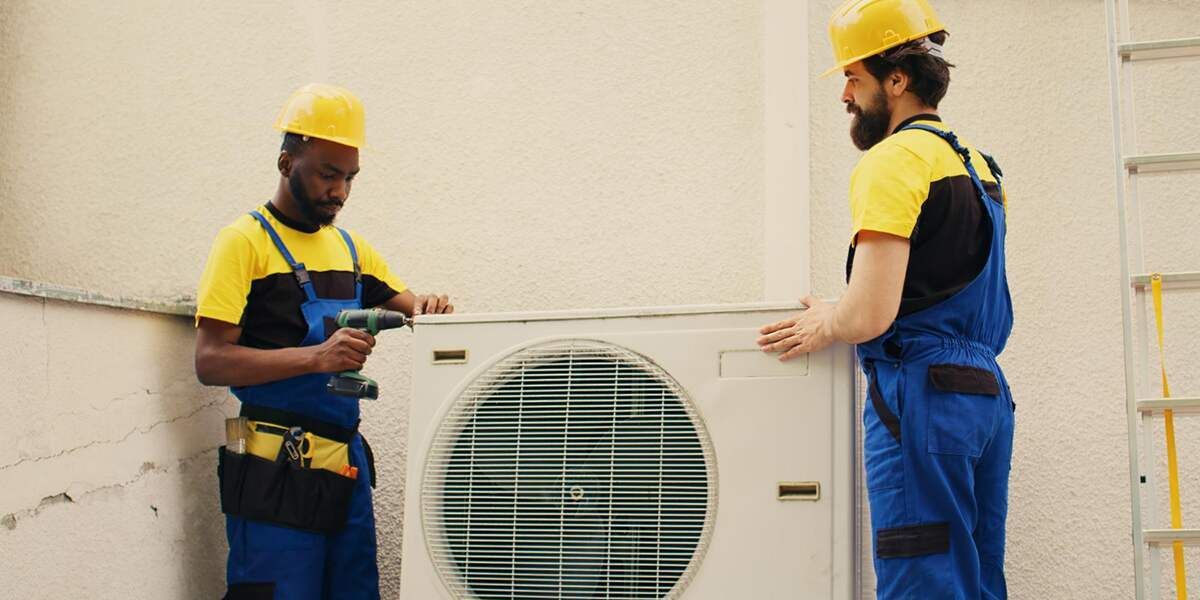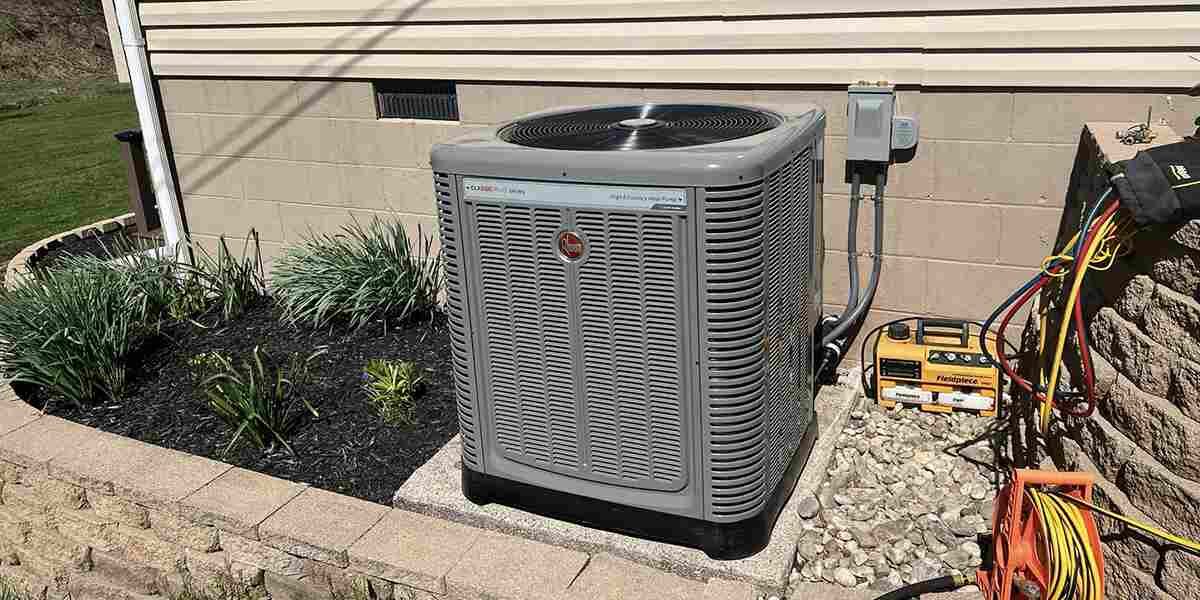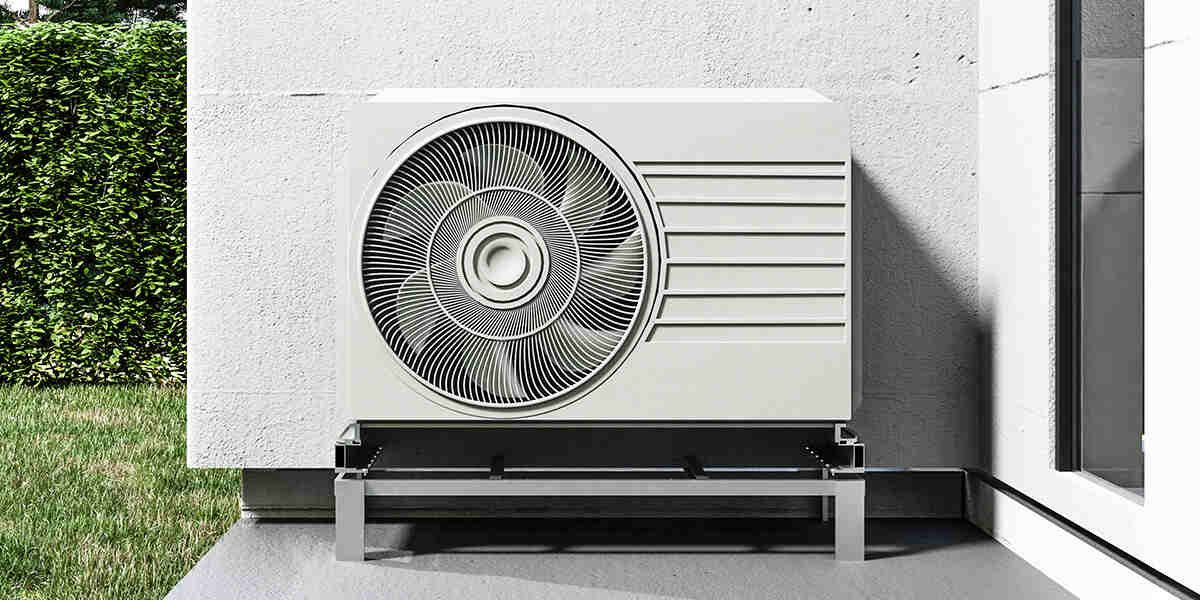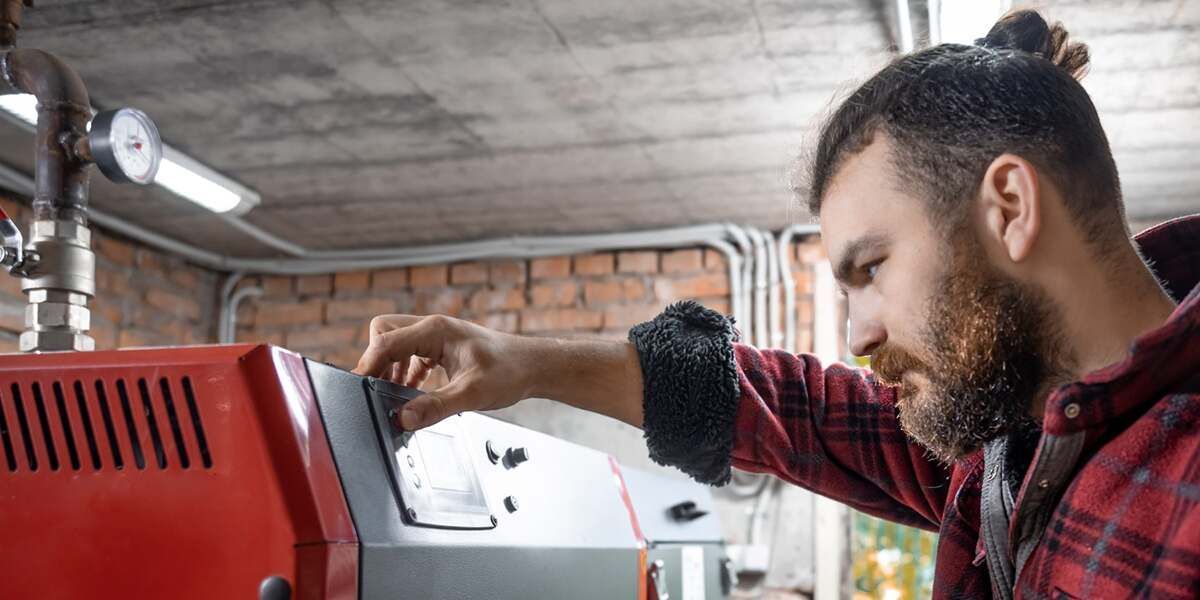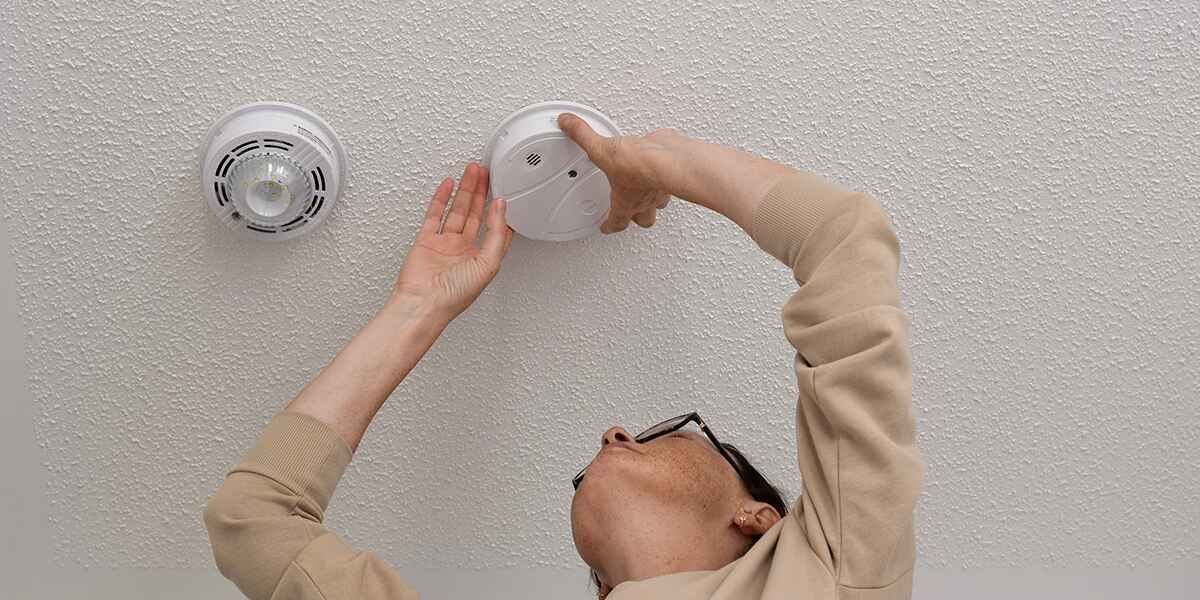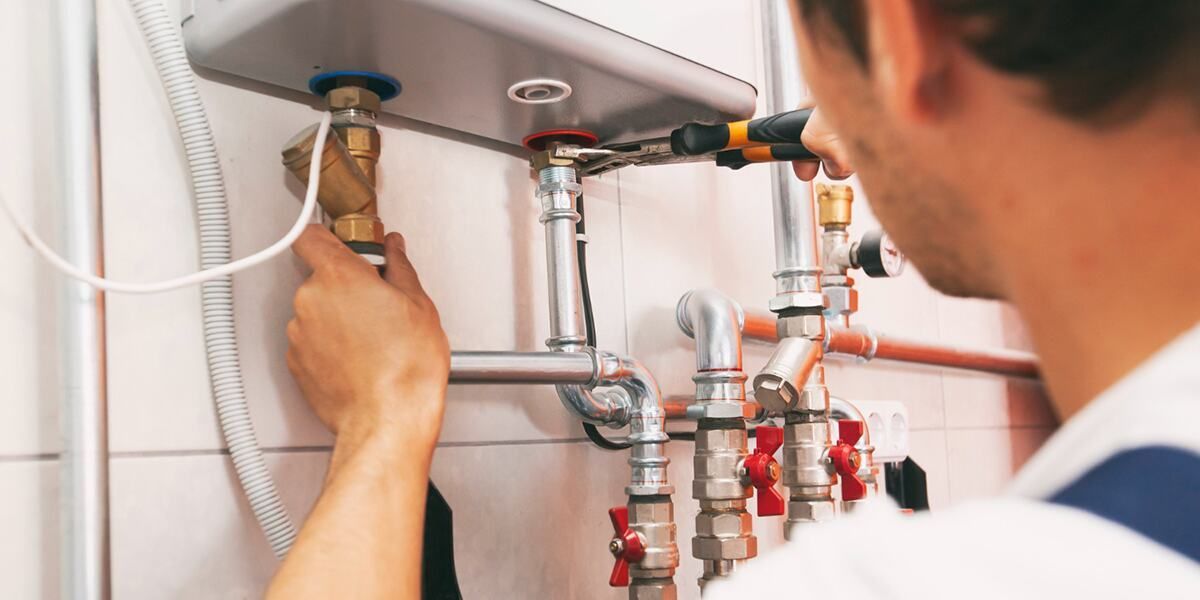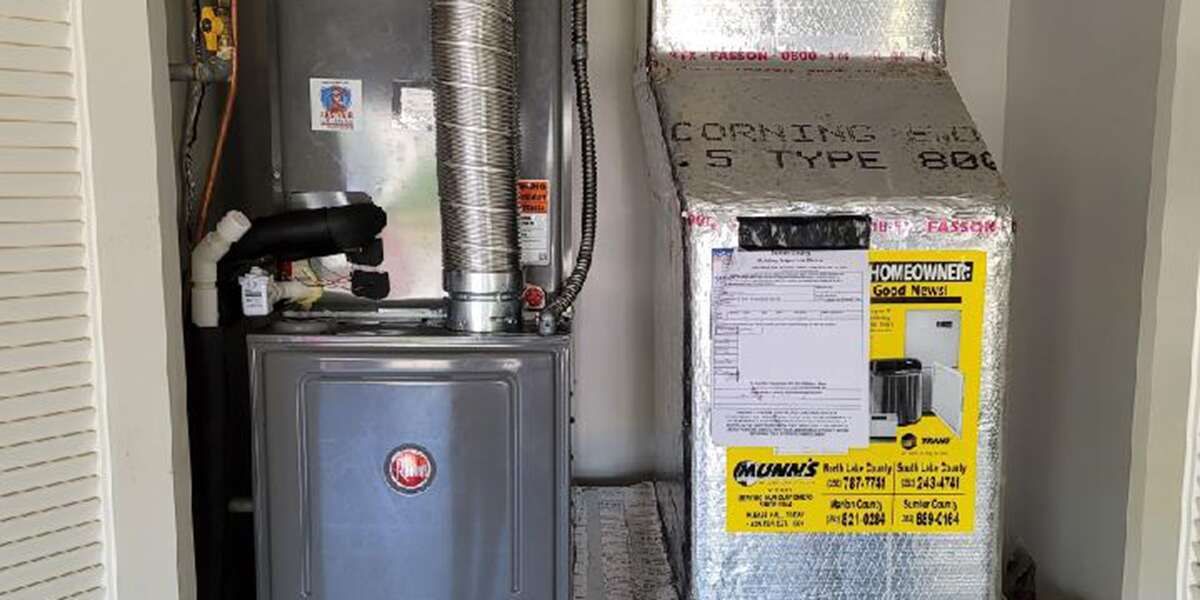EMERGENCY SERVICE AVAILABLE
Why Does My Furnace Keep Kicking on and Off?
When you need warm air fast, trust none other than Fast Air Repair for immediate comfort and relief!
Down south in Ocala, you probably believe it's the summers you have to worry about and prepare for with a good air conditioning system. However, when the winter nights dip to 45 degrees, and you start wondering, “Why does my furnace keep kicking on and off?” you’ll wish you fixed that furnace issue earlier. Rather than further neglect your furnace, we’ll explain the common causes and how we can fix it.
At Fast Air Repair, our #1 team comprises licensed and insured HVAC service experts in Ocala, FL. We have years of experience dealing with this and other heating and cooling issues that come our neighbors’ way. So, trust our 24/7 services, high-quality tools and equipment, and 100% customer satisfaction guarantee to keep your family safe and home comfortable.
An Oversized Unit
Like air conditioning units, furnace sizes should correlate with your home size and other factors that affect how much controlled air the system should produce. According to the Department of Energy, this HVAC system should provide 12,000 British thermal units of heating power for every 400 to 500 square feet. That averages to about 30 BTU per square foot.
However, because points of entry (such as doorways, windows, and chimneys) affect insulation, the more of these there are, the higher your BTU rating should be. Your technician will measure your home’s square footage and ceiling height and count entry points to determine the appropriate BTU for you. However, if their calculations are off or they install an improperly sized unit, you’ll experience issues.
While a unit that’s too small takes longer to heat your space, an oversized furnace heats it fast. That may sound nice to residents who can’t wait for relief from the cold, but it’ll cause your unit to turn on and off prematurely.
Short cycling fools the thermostat into thinking the unit has warmed the entire home, reducing its typical ten-to-15-minute cycle, but it’ll result in ununiform heating and higher energy bills due to the constant stopping and starting. Excessively powering on and off also leads to system deterioration as it strains internal components, resulting in more repairs and replacements.
A Malfunctioning Thermostat
Your thermostat controls your home’s comfort in three simple steps:
- Reading and depicting the current indoor temperature in your home
- Signaling to your heating unit when the temperature drops below a certain point so the unit can turn on
- Monitoring the controlled climate throughout the heating cycle so the thermostat can decipher when the heating system reaches your desired temperature and should turn off
Unfortunately, if your thermostat is faulty, it’ll leave you wondering, “Why does my furnace keep kicking on and off?” As it glitches, it’ll send false signals to your heating unit to turn on and off prematurely.
In this case, check your thermostat batteries and consider changing them at least once a year to ensure your thermostat’s accuracy year-round. If that doesn’t help, call a technician to check for faulty wiring, especially if the thermostat screen light isn’t on or the monitor won’t take commands. The HVAC professionals will also inspect the thermostat location to determine if that’s a contributing factor.
Since your thermostat uses sensors to determine the temperature in its surroundings, you shouldn’t install it near a drafty door, window, or vent fan that could lower the temperature in these areas. You should also refrain from placing it close to the kitchen since baking and cooking increase the temperature in this room, causing your furnace to turn on less and have fewer cycles.
Dirty Flame Sensor
If you have a gas furnace, it houses a flame sensor near the burner assembly, right under the access cover. This small, metallic rod senses a flame when the combustion process begins and the gas valve opens. However, as a safety precaution, the flame sensor tells the HVAC unit to power off immediately if it doesn’t sense a flame in order to stop the flow of gas into the combustion chamber.
The only other time the flame sensor sends these signals is if it thinks no flame is present. This misinterpretation occurs when carbon buildup due to constant contact with the flame leaves a soot residue over the sensor. During semi-annual maintenance, an expert cleans a dirty flame sensor, but if corrosion or a crack in the flame sensor is the issue, you’ll need an immediate part replacement.
Since flame sensors have an average lifespan of about five years and your furnace should last 15 to 40, it’s common to need a replacement about twice each decade. It’ll ensure no unburned gas escapes and enters your corridors, which would otherwise contribute to carbon monoxide poisoning.
Little to No Air Flow
However, a flame isn’t the only thing internal parts of your furnace should sense. If there’s little to no airflow, you’ll quickly wonder, “Why does my furnace keep kicking on and off?” Below are some factors that restrict airflow and cause furnace short cycling.
Filthy Filters
As your furnace sucks in air for heating and rereleases it to warm your home, the air passes through your air filters that trap dust, dirt, dander, and other contaminants floating within it. Over time, it creates an impenetrable buildup that not only keeps air from entering the unit but escaping it, lowering heating power.
However, rather than long cycle to make up for the loss of efficiency, the unit turns off since the heat exchanger overheats and needs to cool down before proceeding. So, change or clean your air filters seasonally. If you have pets or live in an area with lower air quality, consider changing them more frequently, such as every 60 to 90 days, since buildups may occur faster on your filters.
Blocked Supply Vents
A similar effect occurs if you have dirty or closed supply vents since blocked supply vents reduce the airflow to your corridors. The blockage causes the furnace’s interior to overheat and shut down prematurely, so call a specialist to inspect your metal ductwork. In some cases, they may need to use a long vacuum to clean out settled dirt and debris, but any of the following could be a cause:
- Collapsed, dented, or crushed ductwork
- Closed registers in some rooms that restrict optimal airflow
- Obstructions like small animal carcasses, nests, and insects
Uncleaned Blower Wheel
Another answer to “Why does my furnace keep kicking on and off?” involves an uncleaned blower wheel. The blower wheel, attached to the blower motor, has blades that spin to redirect controlled air into the ductwork so it can supply your home with warm air.
However, the blades accumulate dust, slowing the blower wheel’s ability. As it jeopardizes rotation, you’ll notice vibrating sounds from your unit since the blower wheel will struggle and become imbalanced.
Once the fan falters or comes to a complete halt, the heated air remains in the furnace, overheating it and causing an untimely unit shutdown. So, allow a professional to take apart and clean your system to remedy this issue.
Fast Relief. Fast Air!
If you need to replace an HVAC before it fails, contact our #1 team with over 300 five-star reviews.
We conduct regular maintenance, repairs, and replacements on all furnace and AC unit types. So, if you’re wondering, “Why does my furnace keep kicking on and off?” call Fast Air Repair at
352-290-7968. We provide 24/7 services in Ocala, FL, and the surrounding areas!
Contact us for Service
Footer - Website Lead
We will get back to you as soon as possible.
Please try again later.
For emergency service, to get a free quote, or if you have questions or special requests, just drop us a line. We Look forward to serving you!
Hours Of Operation
- Mon - Sun
- Open 24 Hours
Emergency Service Available
All Rights Reserved | Fast Air Repair

